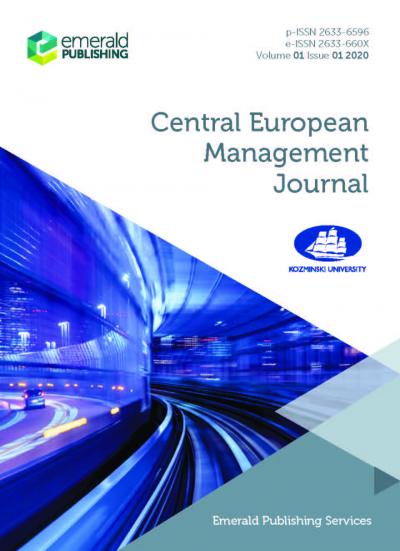Purpose: In the past several decades of Islamic banking and fi nance (IBF) activity in many countries, notable literature on this topic has been produced all over the world. By analyzing this IBF literature, this study investigates and highlights some ignored aspects of IBF activities.
Methodology: Academic IBF literature includes defending the plausibility of IBF as a part of Islamic economics; theoretical analysis regarding some advantages of IBF compared with conventional systems, suggesting some methods for performing IBF; and concentration on introducing fi nancial instruments and innovations in Islamic fi nancial markets. After reviewing them, they are classifi ed as high ranking journal papers and graduate dissertations that were written on Islamic economics in I.R. Iran during the past three decades. Then they are analyzed via analytical methods and descriptive statistics to investigate the ignored aspects of IBF.
Findings: Through this systemic study of Islamic banking, real and not skeletal adaptation of Islamic contracts, Islamic goals of Islamic economy, Islamic and ethical values, and justice and poverty reduction are some of the more important neglected aspects in IBF activities.
Research Implications: Focusing on these areas in future research could improve the
performance of IBF as part of the Islamic economic system and guide IBF activities to the real nature of Islam (Islamicity).
Originality: Besides reviewing and classifying the academic literature on IBF, the study is unique in focusing on the neglected aspects of IBF because it is very important and infl uential to distinguish IBF from non-IBF activities.





